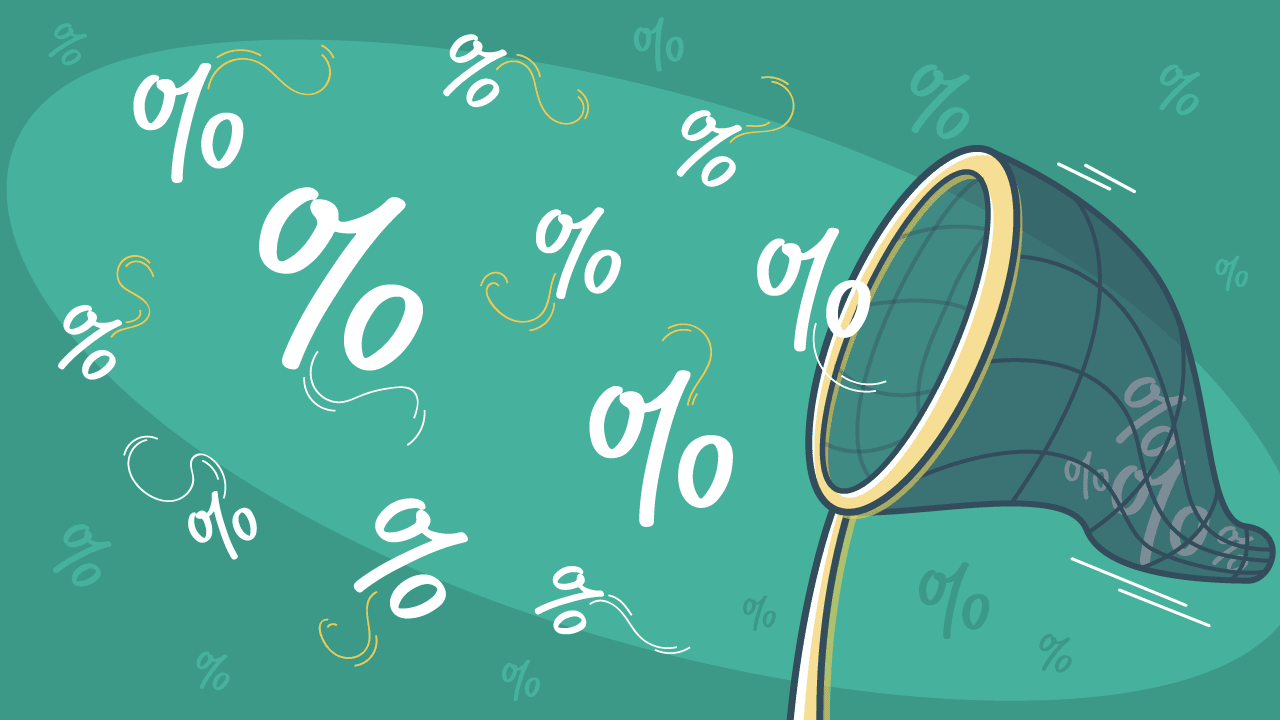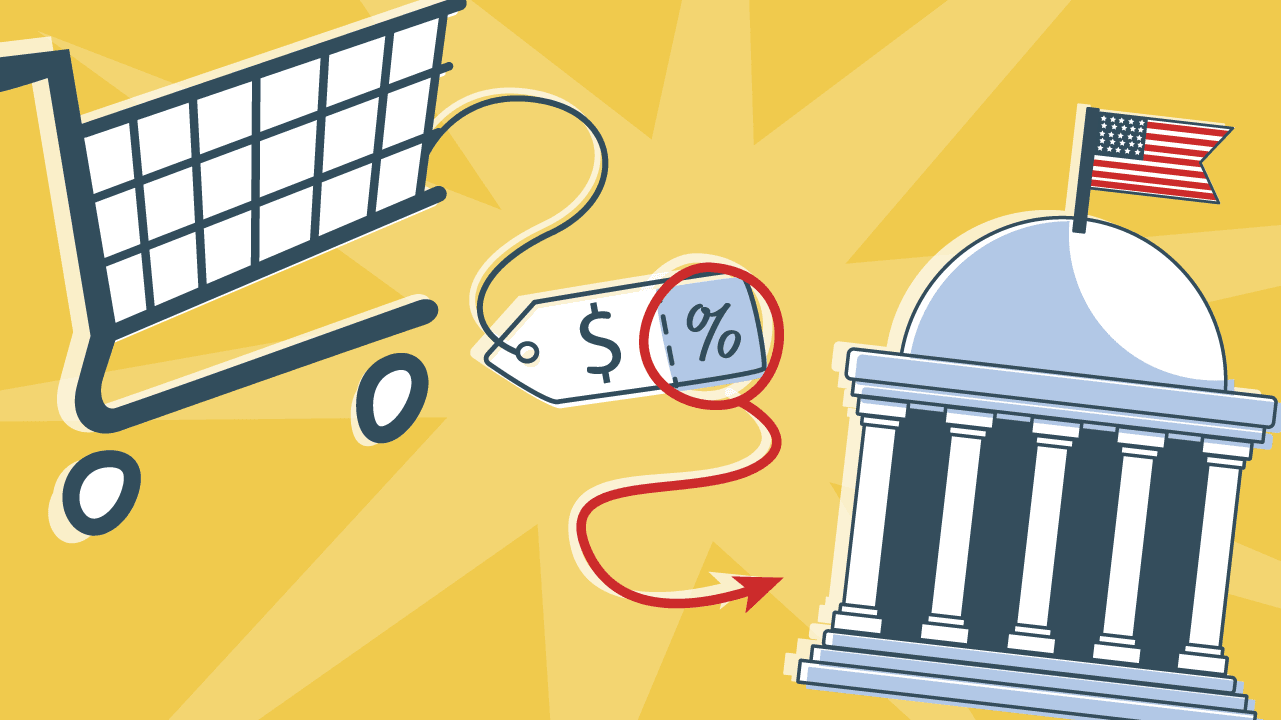You're here:
Should Every Online Seller Collect Sales Tax?

The good news is that not all online sellers are required to collect US sales tax.
The bad news?
It can be really difficult to figure out whether you’re one of these lucky few, or whether you need to collect and remit US sales tax to one or more states.
To figure out which category you fall into, ask yourself the following questions:
Do I sell products to customers in my state?
If the answer to this question is “yes,” you likely have what’s called a “physical nexus.” For those who didn’t graduate from law school, that simply means that you have a physical presence - an office, a storefront, a distribution facility or some other physical location - that’s created a connection between you and your state that requires sales tax be collected and filed.
The exception to this rule? If you live in and sell to an area that has no state or local sales tax, you may not need to collect it.
Do I have an economic nexus in the states where I’m selling?
Collecting and remitting sales tax used to be more straightforward. No physical nexus in a state? No sales tax obligation.
But as the internet took off, the ability to easily sell to consumers in other states put local-only sellers at a disadvantage. After all, if customers could buy a similar product tax-free from an out-of-state seller, why would they buy from those in their state - especially if both transactions could occur online?
The Supreme Court’s June 2018 South Dakota vs. Wayfair decision aimed to close this loophole by allowing for the creation of an “economic nexus.” Rather than requiring a physical presence in the state, sellers could trigger sales tax requirements through economic activity in states outside of their own.
Unfortunately for sellers, determining whether or not an economic nexus exists can be tricky, since different states have different thresholds. If you sell to consumers in New York, for example, you won’t be subject to sales tax requirements until you complete transactions worth $500,000 or more with the state’s residents.
But if you applied this standard universally, you’d be in trouble. Not only do some states lack economic nexus laws, their thresholds may be as low as $100,000 in total transactions.
If you'd like to see how sales tax differs zip code by zip code, try out our free sales tax calculator.
Am I subject to any other type of nexus?
Yep, sales tax compliance can get even more complicated. Do you distribute products through Amazon’s FBA program? If so, you may have created a nexus in every state that has an FBA distribution facility that houses and sends your products.
Do you use web cookies in your shopping processes? Again, that may be enough to tip you over the nexus line in some cases.
Quite frankly, if you’re not a tax attorney, it’s dangerous to go alone. Trust a partner like Quaderno to make sales tax compliance easy. Sign up for a free trial now to see how easy sales tax management can be.
Note: At Quaderno we love providing helpful information and best practices about taxes, but we are not certified tax advisors. For further help, or if you are ever in doubt, please consult a professional tax advisor or the tax authorities.
